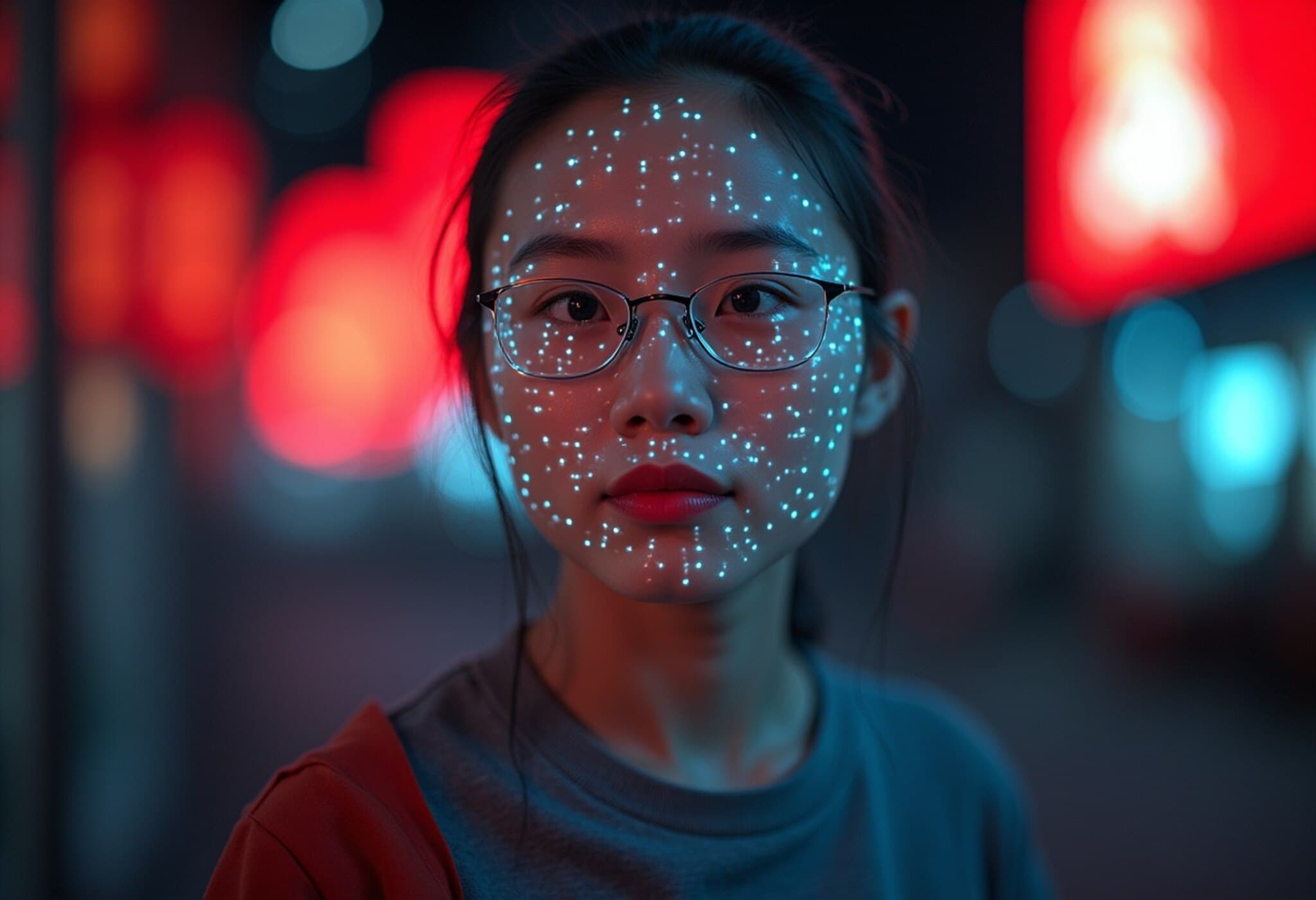AI-Driven Cheating on the Rise in UK Universities
During the 2023-24 academic year, nearly 7,000 university students in the UK were found to have cheated using artificial intelligence tools like ChatGPT, signaling a significant challenge for higher education institutions.
Alarming Increase in AI-Related Cheating Cases
Data collected from 131 UK universities shows that there were 5.1 confirmed AI-related cheating cases per 1,000 students this year, a sharp rise from 1.6 cases per 1,000 in the previous academic year. Projections suggest the figure could climb even higher, potentially reaching 7.5 cases per 1,000 students in the current cycle.
Traditional Plagiarism Declines as AI Misuse Escalates
Conversely, rates of conventional plagiarism appear to be falling, dropping from 19 per 1,000 students in 2019-20 to 15.2 last year, with expectations to decline further to 8.5 per 1,000. This shift highlights a new frontier where AI-enabled cheating is overshadowing older forms of academic dishonesty.
Detection Challenges and Hidden Scale
Experts believe these detected cases represent only the tip of the iceberg. Detecting AI-assisted cheating is far more complex than spotting plagiarized text, which can be directly compared to source material. As a result, proving AI misuse is notoriously difficult, especially without risking false accusations.
One academic noted, "AI detection is very unlike plagiarism where copied text can be confirmed. It is nearly impossible to prove suspicious AI use based solely on detector outputs."
Widespread Use of AI Tools Among Students
Supporting this concern, a survey revealed that 88% of students admitted to using AI tools for their assessments. Research testing various detection systems found that nearly 94% of AI-generated submissions went undetected, underscoring the effectiveness of these tools and the limitations of current safeguards.
Technology and Platforms Fueling the Trend
Online platforms like TikTok have surfaced as hotspots promoting AI paraphrasing and essay-writing services. These tools cleverly "humanize" AI-generated content, helping students bypass university plagiarism detectors.
Meanwhile, tech companies actively position students as key users. For example, Google offers university students a complimentary 15-month premium upgrade to its Gemini AI, and OpenAI provides discounted access to students in North America.
Looking Ahead: Challenges and Opportunities
Leading researchers emphasize that while AI misuse poses enforcement difficulties, it also offers opportunities for enhanced learning when used responsibly. Some advocates suggest AI could even help level the playing field for students with learning difficulties.
The rapid evolution of AI in education calls for updated strategies balancing innovation with academic integrity, ensuring that students genuinely benefit from these powerful tools.



















